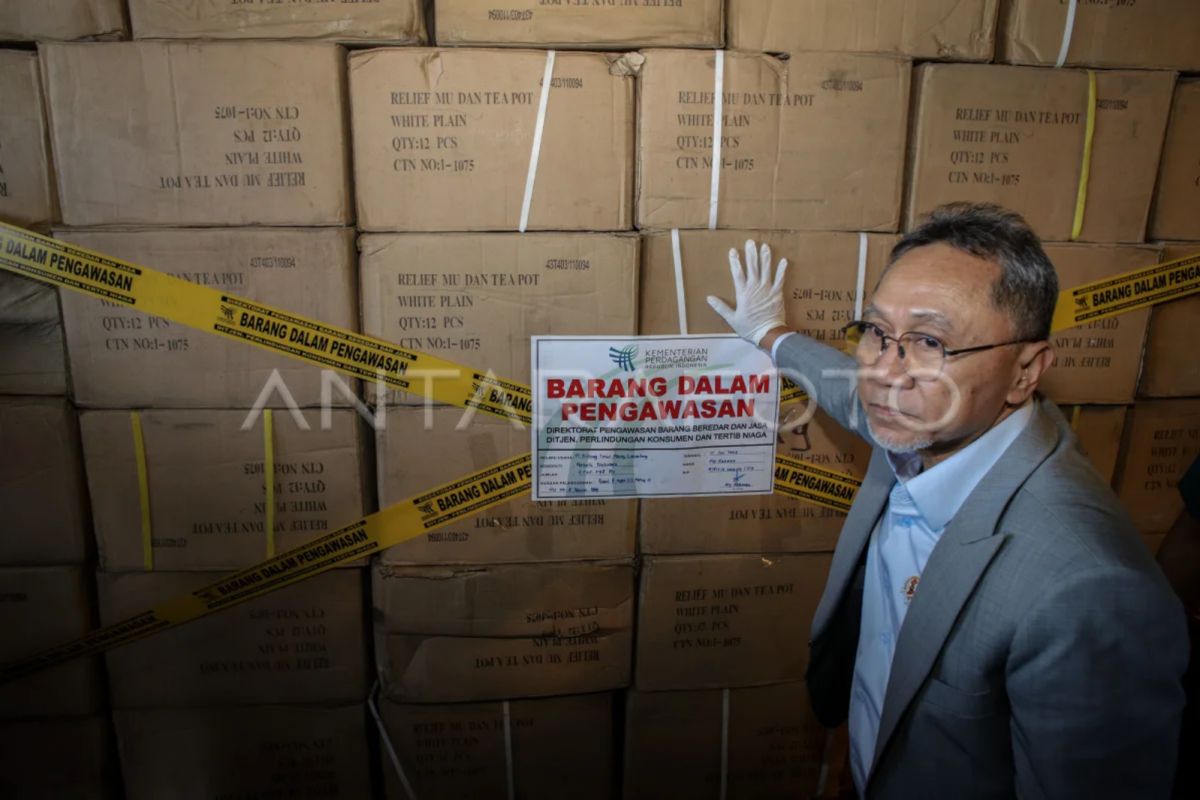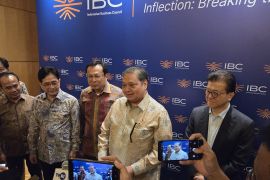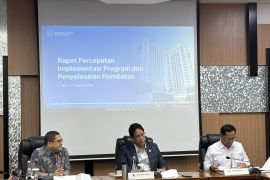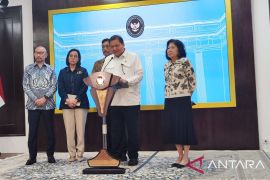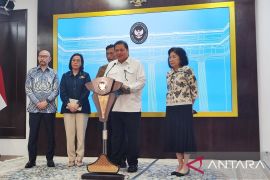Trade Minister Zulkifli Hasan affirmed that all countries, including Indonesia, wield the right to impose anti-dumping import duties (BMAD) and Safeguard Measures Import Duties (BMTP) to protect their domestic industries.
"A surge of imported products in three consecutive years might destroy our industries. Hence, Indonesia and all other countries are allowed (to impose import duties)," he remarked after attending a commemorative event in Yogyakarta City, Yogyakarta Province, on Saturday.
Hasan noted that Indonesia would impose import duties based on the results of the calculation presented by the Ministry of Trade's Indonesian Trade Protection Committee (KPPI).
"The amount of the duties will be calculated by them (KPPI). This practice is permitted by Indonesian regulations as well as international provisions devised by the World Trade Organization. Therefore, all countries are allowed to take such a measure," he explained.
He then highlighted that the KPPI is currently monitoring the inflow of seven imported commodities, including textile products, ceramics, electronic devices, and cosmetics that have been witnessing a spike in supply in domestic markets in the past three years.
"We can impose anti-dumping import duties on those products if they are considered a threat to domestic industries," he pointed out.
Earlier, on June 25, President Joko Widodo held a limited meeting with several ministers in response to the shuttering of several domestic textile businesses.
During the meeting, the president highlighted that the government is mulling over re-enacting Trade Minister's Regulation No. 8 of 2024, which is an amendment to Trade Minister's Regulation No. 36 of 2023 regarding import policies and regulations.
Industry Minister Agus Gumiwang Kartasasmita stated that the re-enactment of the regulation could help suppress the waves of layoffs in the textile industry.
Meanwhile, Finance Minister Sri Mulyani Indrawati revealed that the government is devising regulations on the imposition of BMAD and BMTP to protect the national textile industry.
"Our main objective is to provide continued and reasonable protection to the domestic industry from unfair competition resulting from imports," she remarked at a press conference followed online from Jakarta on June 27.
Related news: Gov't responds to large-scale closure of several textile industries
Related news: Ministry to prevent waves of imported ceramics in Indonesia
"A surge of imported products in three consecutive years might destroy our industries. Hence, Indonesia and all other countries are allowed (to impose import duties)," he remarked after attending a commemorative event in Yogyakarta City, Yogyakarta Province, on Saturday.
Hasan noted that Indonesia would impose import duties based on the results of the calculation presented by the Ministry of Trade's Indonesian Trade Protection Committee (KPPI).
"The amount of the duties will be calculated by them (KPPI). This practice is permitted by Indonesian regulations as well as international provisions devised by the World Trade Organization. Therefore, all countries are allowed to take such a measure," he explained.
He then highlighted that the KPPI is currently monitoring the inflow of seven imported commodities, including textile products, ceramics, electronic devices, and cosmetics that have been witnessing a spike in supply in domestic markets in the past three years.
"We can impose anti-dumping import duties on those products if they are considered a threat to domestic industries," he pointed out.
Earlier, on June 25, President Joko Widodo held a limited meeting with several ministers in response to the shuttering of several domestic textile businesses.
During the meeting, the president highlighted that the government is mulling over re-enacting Trade Minister's Regulation No. 8 of 2024, which is an amendment to Trade Minister's Regulation No. 36 of 2023 regarding import policies and regulations.
Industry Minister Agus Gumiwang Kartasasmita stated that the re-enactment of the regulation could help suppress the waves of layoffs in the textile industry.
Meanwhile, Finance Minister Sri Mulyani Indrawati revealed that the government is devising regulations on the imposition of BMAD and BMTP to protect the national textile industry.
"Our main objective is to provide continued and reasonable protection to the domestic industry from unfair competition resulting from imports," she remarked at a press conference followed online from Jakarta on June 27.
Related news: Gov't responds to large-scale closure of several textile industries
Related news: Ministry to prevent waves of imported ceramics in Indonesia
Translator: Luqman H, Tegar Nurfitra
Editor: Rahmad Nasution
Copyright © ANTARA 2024
